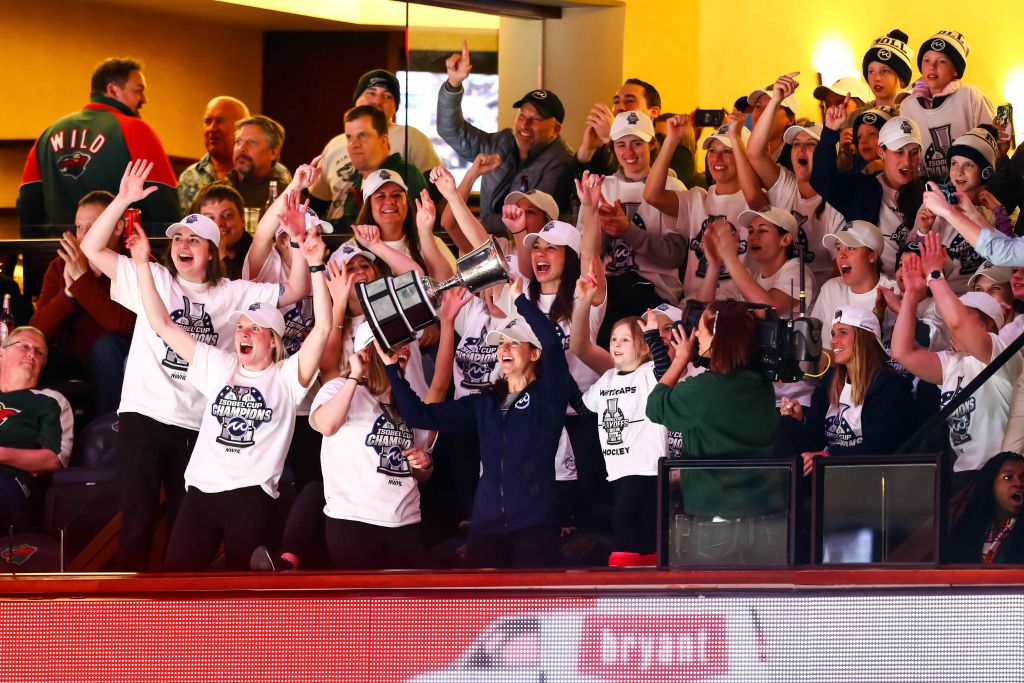
The NWHL has closed a new round of equity funding that the league said will ensure its viability and growth for future seasons to come.
The round was led by Andy Scurto, an insurance and IT entrepreneur who was the founder of insurance software firm ISCS which he sold for $160 million in 2017.
The league now has more than 20 investors, including Texas Rangers co-owner Neil Leibman, former New Jersey Devils co-owner Michal Gilfillan, PaySafe Group Vice Chairman Joel Leonoff, former IMG Live CEO Lee Heffernan and Matthew Arpano, the managing director of Silvercrest Asset Management Group.
NWHL Commissioner Dani Rylan declined to comment on the exact amount of money raised but said the round will heavily support the league’s efforts.
“This provides us with long-term viability and it empowers us to invest in our most sustainable revenue streams,” Rylan said. “After our best offseason in corporate partnerships, we will continue to focus our resources on procuring strong alignments that will lead to more support for our players and business.”
Ahead of the league’s fifth season, which began in October, the NWHL signed new partnerships with several brands, including a renewal of its deal with Dunkin’.
It also signed a streaming deal with Twitch, the league’s first paid media rights deal.
The NWHL is now working with The Aspire Group around ticket marketing and sales, as well as with the Sports Advisory Group around potential team sales and expansion.
Perhaps most importantly, the NWHL sold control of the Boston Pride in September to a team of investors led by Miles Arnone, a managing partner at private equity firm Cannon Capital. Boston is currently the only privately owned team in the league. The other four teams are owned by the league. In the spring, both Pegula Sports and Entertainment and Harris Blitzer Sports & Entertainment severed their relationships with the league regarding the operation of the teams in Buffalo and New Jersey, respectively. Pegula Sports and Entertainment had previously been the only stand-alone owner of a team in the NWHL.
“We will also work with The Sports Advisory Group to identify the right owners for our current clubs, as we did with the sale of the Boston Pride, which has been a phenomenal step for our league,” Rylan. “As discussions continue on expansion, the funding gives us the flexibility of either selling an expansion market, or the NWHL owning it at the outset.”
READ MORE: NWSL Charting Next Phase Of Growth Via New Partnership With Octagon
Arnone also noted the impact that a capital raise like this will have on the league.
“To continue to grow the NWHL, and women’s pro hockey in general, it’s important we do two things,” he said. “We have to build league infrastructure and we have to expand local ownership of teams. The capital raise supports the former so we can improve operations, expand into new markets, upgrade broadcasts, build relationships with our communities and sponsors.”
“Combine that with local ownership and we will drive more revenue over time and by extension increase player salaries. That’s what will create a virtuous cycle of growth,” he said.
Regarding future rounds of capital raising or other investments into the league, Rylan said that “thanks to these investors who have shown their genuine, long-term belief in professional women’s hockey, we are fully capitalized. Our attention now is on the sale of some of our teams and determining the right business leaders to be involved during the early-stage growth of the NWHL.”
READ MORE: Expanded Media Coverage Fuels The WNBA’s Sudden Spike In Fan Engagement
While the NWHL has continued to gain momentum, many players involved in the sport of women’s hockey have questioned the viability of the NWHL over the long term.
Following the folding of the CWHL earlier this year, a group of players including several of the sport’s most well-known players such as Hilary Knight and Kendall Coyne Schofield formed the Professional Women’s Hockey Players Association, which they say is seeking out a league they believe is more sustainable. Those players are currently on a barnstorming tour of North America, rather than competing in the NWHL.
In a recent interview with the Associated Press, Coyne Schofield said the players “have not seen a legitimate professional league to date.”
Asked what this most recent capital raise says about the future of the NWHL and its viability, Rylan said, “what all this growth and investment means is, simply put, we’re here to stay. The NWHL is surrounded by smart investors, and people, brands, and players who believe in what we’re building.”
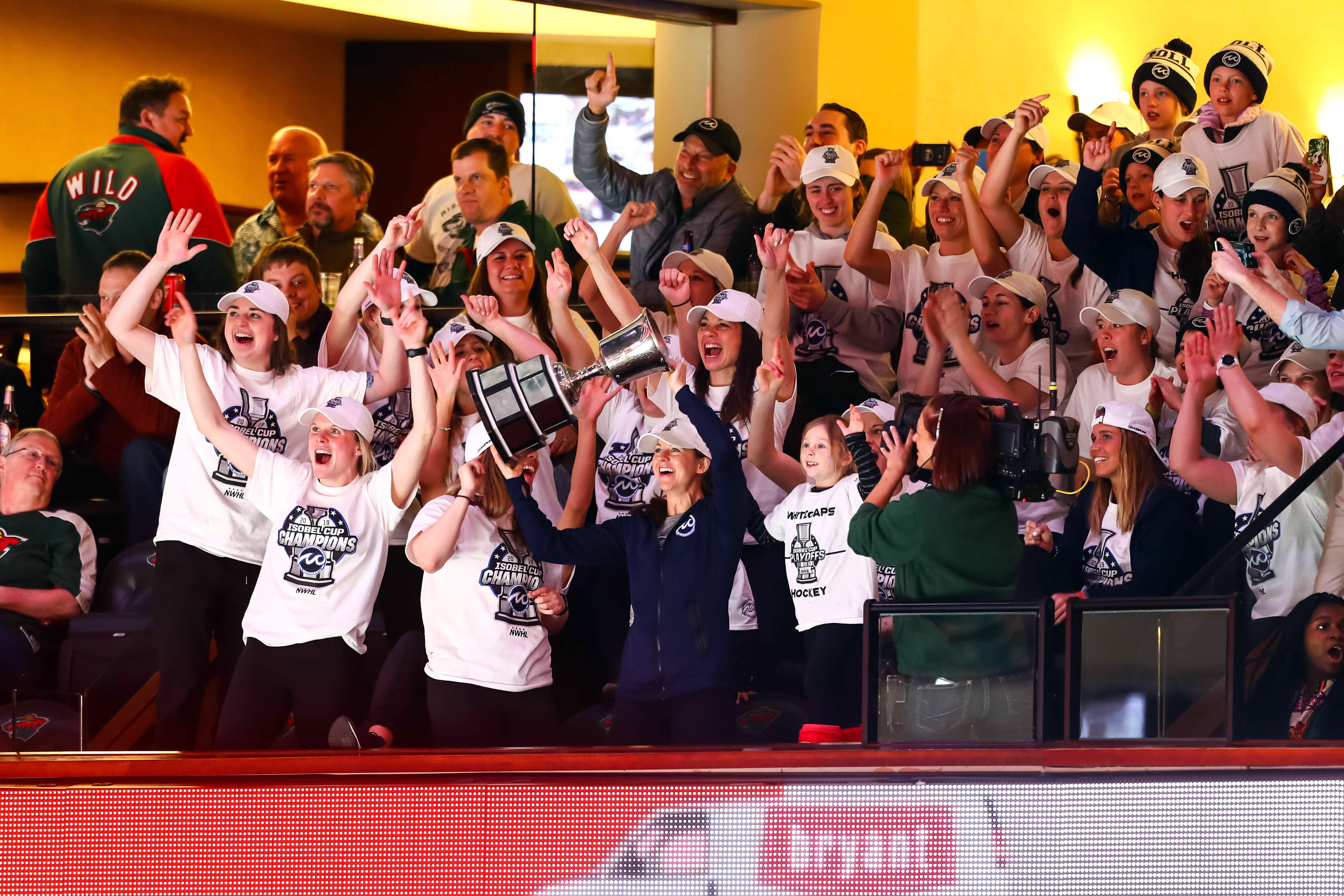
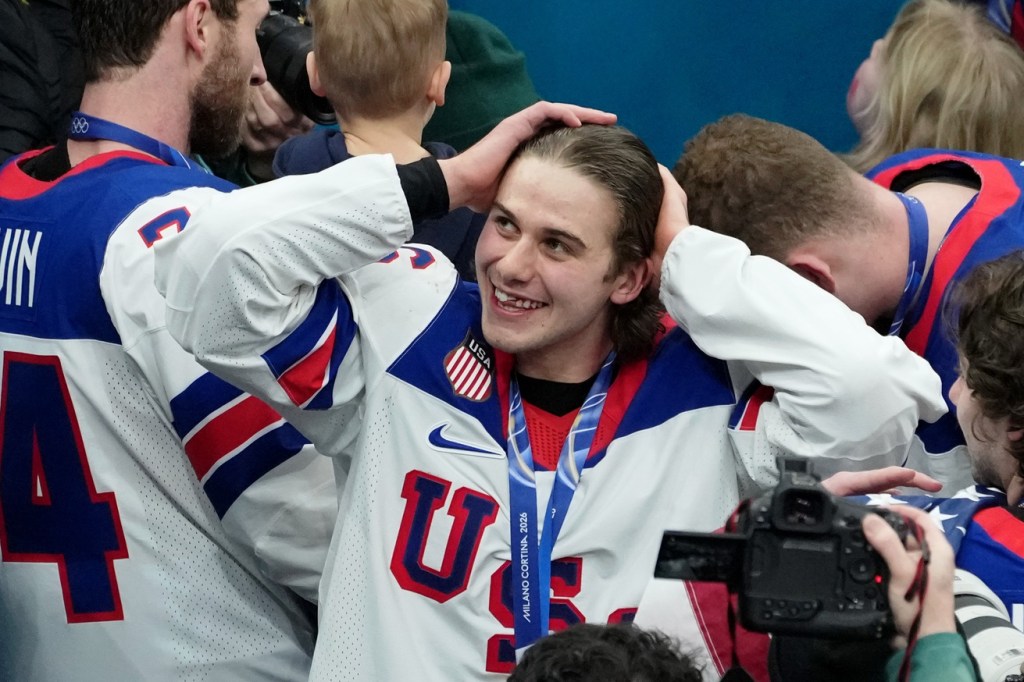
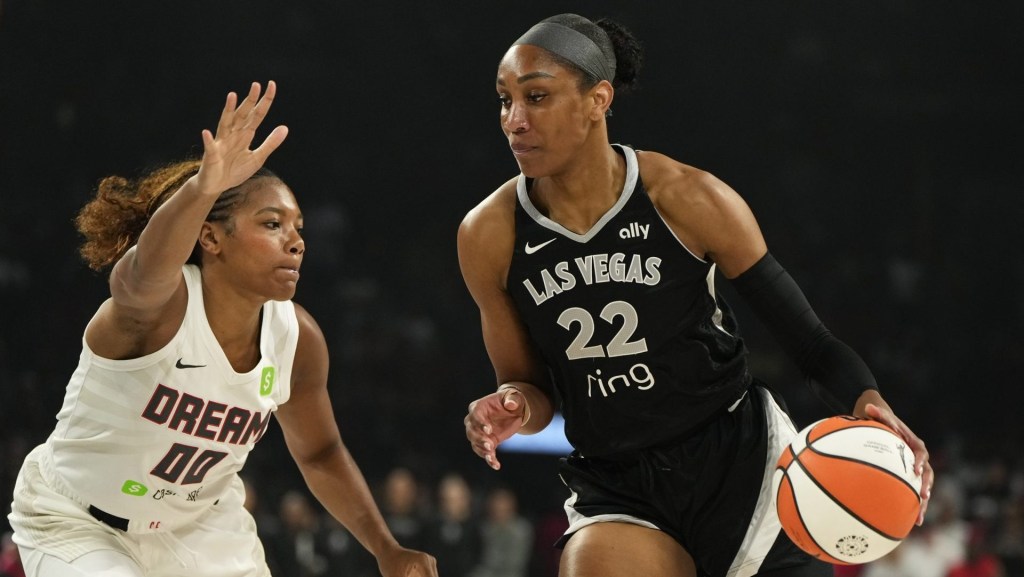
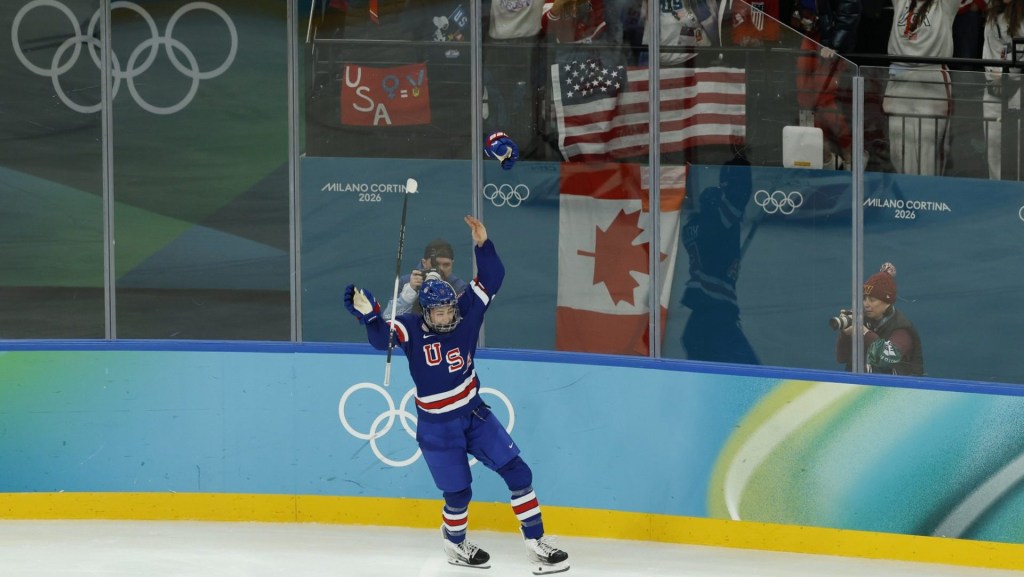
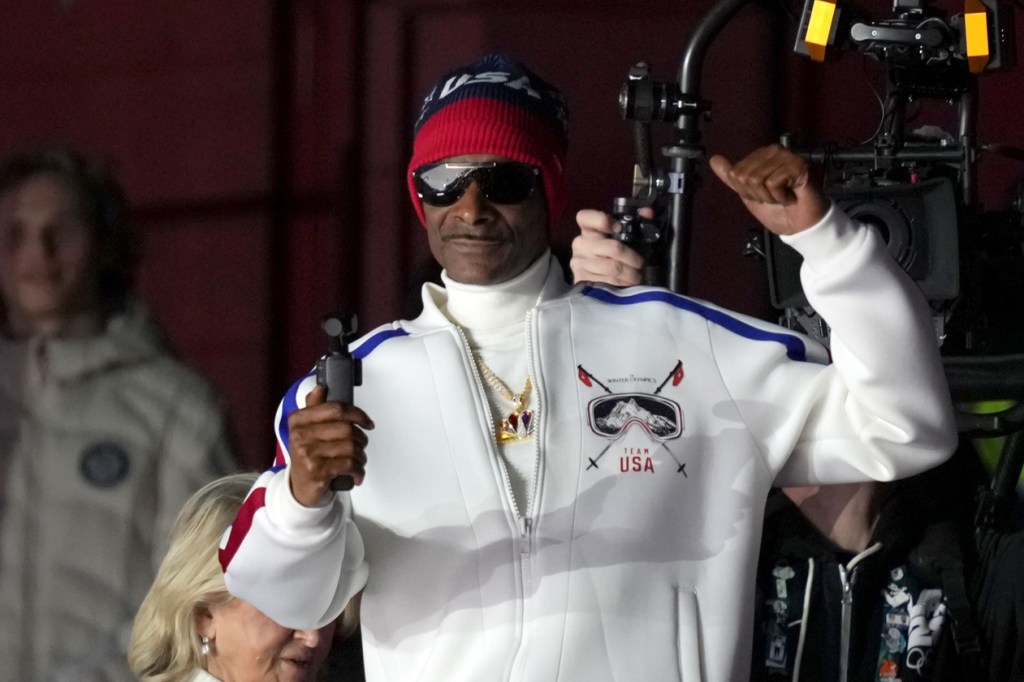
![[Subscription Customers Only] Jul 13, 2025; East Rutherford, New Jersey, USA; Chelsea FC midfielder Cole Palmer (10) celebrates winning the final of the 2025 FIFA Club World Cup at MetLife Stadium](https://frontofficesports.com/wp-content/uploads/2026/02/USATSI_26636703-scaled-e1770932227605.jpg?quality=100&w=1024)










